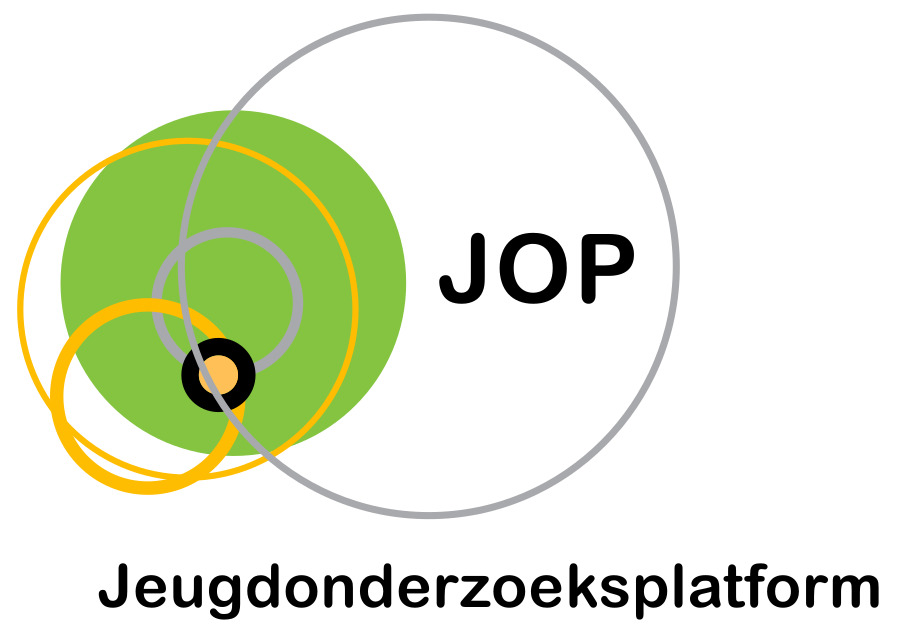Networked gift-giving: ethno-religious minority youths’ negotiation of status and social ties in a society of distrust.
Auteurs
De Leyn, T., De Wolf, R., Vanden Abeele, M., & De Marez, L. (2024).

Abstract
De wederzijdse uitwisseling van berichten, likes en foto’s op sociale media zijn typische uitingen van de mobiele jongerencultuur. Het is immers algemeen bekend dat de manier waarop jongeren zichzelf blootgeven, hun inspanningen ondersteunt om relaties te onderhouden, autonomie te verwerven en, in grote lijnen, een plaats in de wereld te verankeren. Wat echter vaak ontbreekt, is een verkenning van hoe de specifieke sociaal-culturele contexten van etno-religieuze minderheidsjongeren de manier waarop sociale media worden gebruikt, vormgeven en worden gevormd. Daarom voerden we een 15 maanden durende etnografische studie uit onder etno-religieuze minderheidsjongeren, waarin we netwerkgerichte gift-giving praktijken onderzochten. We benadrukken het begrip “netwerkgericht” omdat de resultaten laten zien hoe deze jongeren de vergrote zichtbaarheid van hun relatieonderhoudend gedrag op sociale media benutten om status en sociale banden te onderhandelen. We verbinden deze bevindingen met het concept van een “wantrouwende samenleving”, aangezien de deelnemers een algemeen wantrouwen in de samenleving koesteren door ervaringen van racisme en marginalisatie.
The reciprocal exchanges of messages, likes, and pictures on social media are typical expressions of mobile youth culture. After all, it is well-established that young people’s disclosure practices support their efforts to maintain relationships, gain autonomy, and, by large, consolidate a place in the world. What is often missing, however, is an exploration of how the specific socio-cultural contexts of ethno-religious minority youths shape and are shaped by social media appropriations. Therefore, we conducted a 15-month ethnographic study among ethno-religious minority youths in which we investigated networked gift-giving practices. We stress the notion of “networked” because the results illustrate how these young people appropriate the amplified visibility of their relational maintenance behaviors on social media in order to negotiate status and social ties. We connect these findings to the concept of a “distrustful society” as the participants hold a general distrust in society due to experiences of racism and marginalization.
Referentie
De Leyn, T., De Wolf, R., Vanden Abeele, M., & De Marez, L. (2024). Networked gift-giving : ethno-religious minority youths’ negotiation of status and social ties in a society of distrust. NEW MEDIA & SOCIETY.
Taal
Engels
Publicatievorm
Tijdschriftartikel
ISBN – DOI
DOI: 10.1177/14614448221114628
